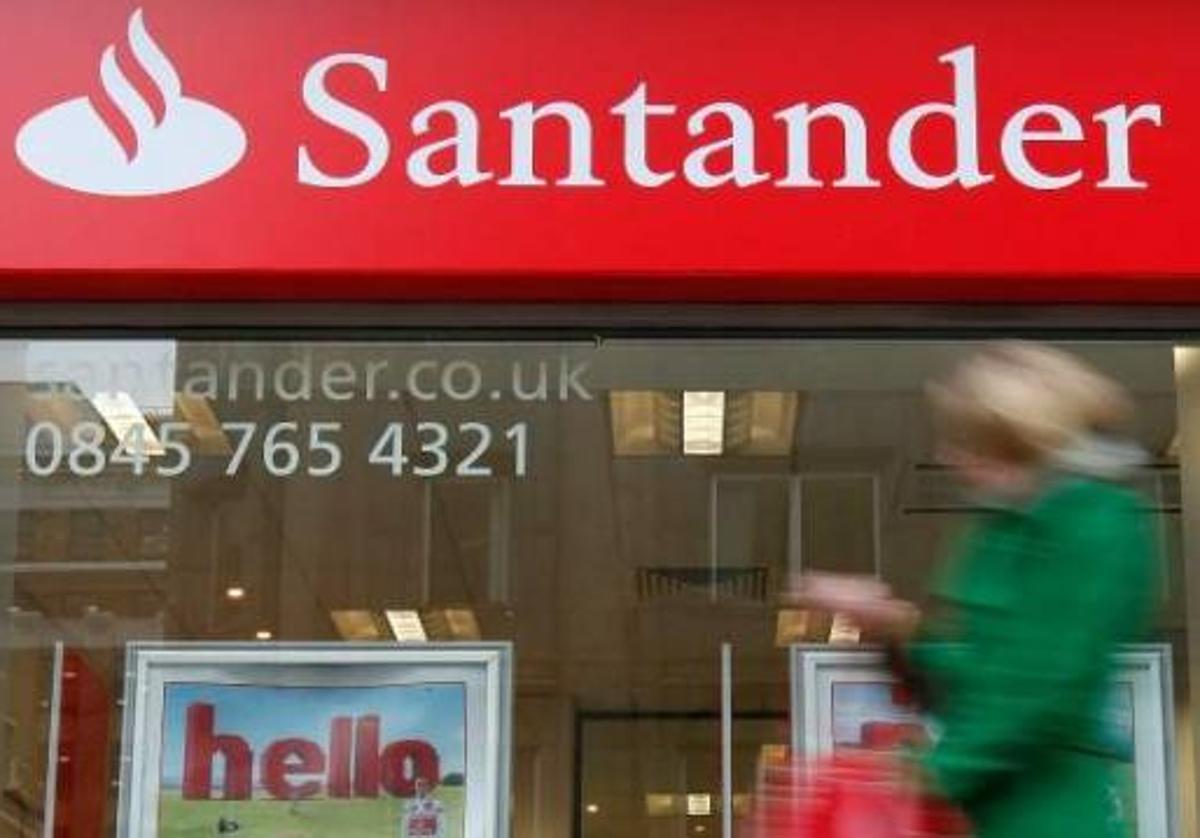US law firm files class action lawsuit against Santander over Iran-related bill

Law firms are mobilizing after the Financial Times reveals how Iran used the account of a British subsidiary of Banco Santander (Santander UK) and another Lloyds subsidiary to move money undetected and thus avoid possible international sanctions.
According to the newspaper Expansión, Frank R. Cruz’s firm has already filed a “collective action” (class action) against shareholders affected by the situation that led to a sharp fall in the Banco Santander stock market on Monday. Market. . In particular, its shares lost 5% to 3.68 euros. This Wednesday it was trading at 3.71 euros, still below the 3.87 euros level before the information was published.
The proposal for this class action can be found on its website. Lawyers announce an “investigation” of the bank “on behalf of investors for possible violations of federal laws by the company.” The firm encourages investors to contact them “if you purchased Santander securities, have information about or would like to receive additional information about these claims, or have any questions about this announcement or your rights or interests with respect to these matters.”
They also remember an article that indicated Iran was using Banco Santander to “secretly move money around the world as part of a sanctions-evasion plan supported by Tehran’s intelligence services.”
Santander claims to comply with legal and regulatory obligations down to the millimeter. “Based on our investigation, Banco Santander did not violate US rules regarding sanctions imposed on third parties,” bank sources said this week. “The bank has policies and procedures in place to ensure compliance with sanctions requirements,” they insist, making it clear that “Santander will continue to actively cooperate with the relevant UK and US authorities.”
For now, the market is choosing to remain cautious, although the main doubt is whether there will be any investigation by the authorities (which has not been launched at the moment, at least officially) that could lead to sanctions. In a recent analysis, Bankinter experts indicated that “the amount of transfers, specific details of the transaction and the reliability of the facts” are still unknown. But they acknowledged that the problem is that this kind of news “usually triggers an investigation by the banking supervisor, which reviews banks’ compliance with regulatory requirements and control procedures.”
